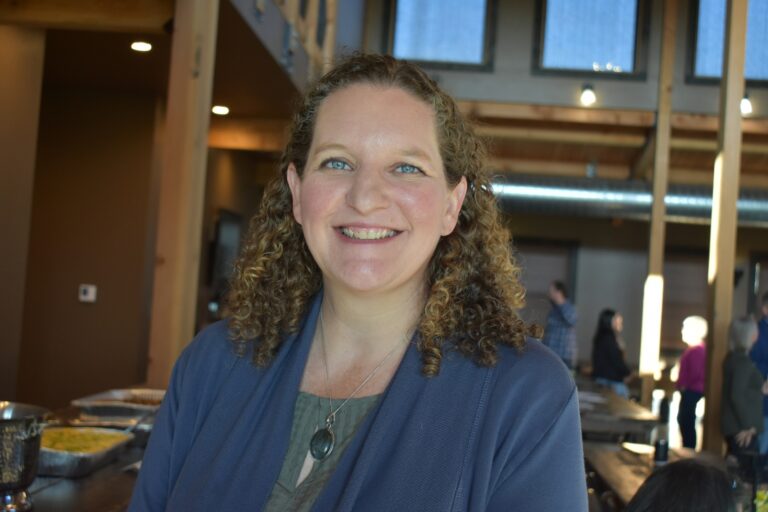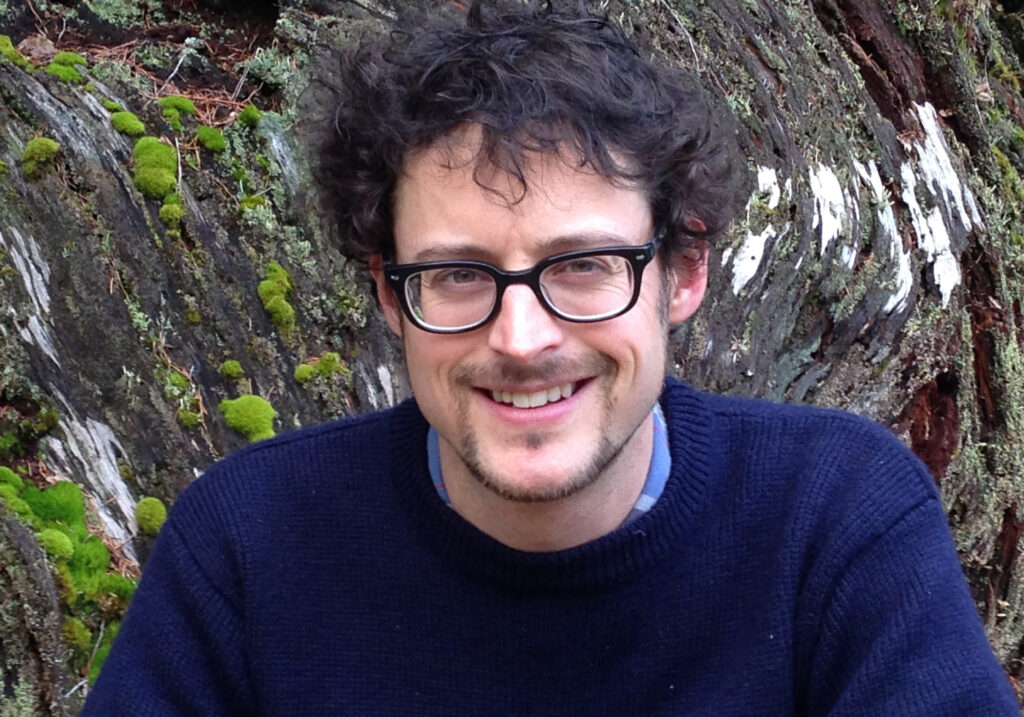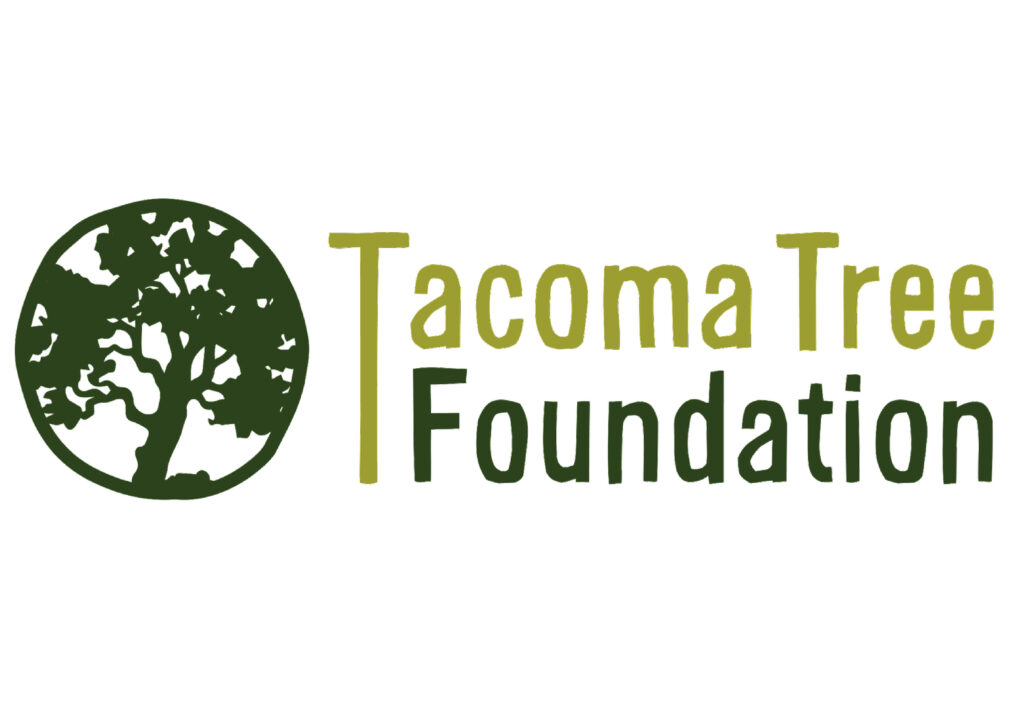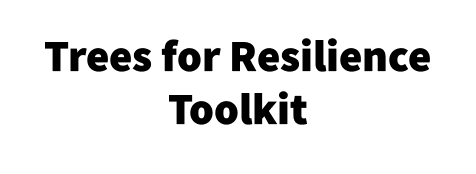Champion
Having a champion as an elected official, a department, or a community group at the start is critical for success in integrating tree canopy and urban forests into a community’s policy, planning, programming, and priorities. They can bring in needed partnerships, garner funding, and build collaboration. Often a champion evolves and multiplies as new projects and initiatives are taken on, thus, creating a solid foundation and sustainability.
Examples of LOCAL CHAMPIONS

Megan Dunn
As a lifelong environmentalist, Megan Dunn, the Snohomish County Council Chair, partnered with the League of Women Voters Snohomish County (LWV-Snohomish)—a community champion themselves—to promote trees for resilience in the county. Further inspired by a presentation for the LWV-Snohomish regarding the state’s Evergreen Community Act, she worked with the group to successfully pass a motion proposing new policies for urban tree canopy coverage in the County’s 2024 Comprehensive Plan update, a significant step toward protecting, preserving, and enhancing the tree canopy in Snohomish County.

Phil Bennett
Phil started working at the City of Snoqualmie in Parks Maintenance and immediately started focusing on trees. Not before long, he got grant money to do a tree inventory, an urban forest strategic plan, and a tree canopy assessment to start making the argument for better management of the forestlands. Through a partnership with the King Conservation District, Phil successfully established the Green Snoqualmie Partnership with Forterra and secured major urban forestry program funding through the city’s stormwater utility fees. He officially became the city’s Forester in 2015, and in 2023, was promoted to lead a new division as the Stormwater & Urban Forestry Supervisor.

Tacoma Tree Foundation
The Tacoma Tree Foundation (TTF) was founded by Sarah Low in 2018 as a result of a growing awareness of the interest and excitement that area residents have for trees. The organization was created to educate, support, and coordinate community planting in the Tacoma area, especially with underserved populations. Under the leadership of Lowell Wise and a strong board of directors, TTF is a powerful partner with the city in growing trees for resilience with efforts like planting opportunities from the Community Tree Map and Greening Research in Tacoma (G.R.I.T.) project in the Tacoma Mall Neighborhood.
Considerations about Champion(s)
- Need to have influence/authority within jurisdiction to implement necessary action.
- Formalize commitment for long-term success (beyond their term/tenure).
- Develop an actionable strategic plan with appropriate responsible parties and timeline encouraging cross-disciplinary and community collaboration.
- With their influence, they can start building partnerships and help secure funding to develop and analyze tree canopy and urban forest data to establish priorities and community resources.
- Collaborate with community groups and agencies who can help with messaging and citizen participation that can enhance/support any efforts.
Resource Links by Topic
- Washington State Tree Equity Collaborative – The first of its kind, this collaborative aims to expand neighborhood tree canopy cover by engaging communities and stakeholders to build more inclusive urban forestry programs across the state.
- Vibrant Cities Lab – A comprehensive website with research, case studies, and guides that help communities grow a thriving urban forest for all the benefits; includes a toolkit that complements the process and components highlighted here in Trees for Resilience.
- APWA Urban Forest Management for Public Works Managers – Guides for public works to approaching urban forestry as part of the infrastructure and essential best management practices for a thriving urban forest.
- Puget Sound Urban Tree Canopy and Stormwater Management Handbook – A great resource for communicating tree and urban forest benefits, roles in water cycle, carbon cycle, development impacts, etc.; importance of collaboration, co-design; case studies.
- Equity Guide for Green Stormwater Infrastructure Practitioners – A comprehensive guide to advancing and measuring equity within public sector stormwater management organizations’ green stormwater infrastructure policies, programs, and projects.
- Green Stormwater Infrastructure & Human Health Benefits – A literature review on opportunities to connect health benefits with green infrastructure initiatives for community-wide support and acceptance.
- Rationale for Increased Use of Conifers in Green Infrastructure – An extensive literature review and synthesis of the strong argument for conifers.
- Understand Urban Forest Benefits for Climate and Health – A first-step guide explaining the strong connection of how planting and maintaining trees in urban forests can improve climate resilience, carbon mitigation, and human health.
- Nature’s Impact on Human Health Action Guide – A resource primarily intended for practitioners and community leaders seeking to evaluate the human health impacts of their green interventions.
- Cooling Cities: Harnessing Natural Areas to Combat Urban Heat – A study from 2022 by the Natural Areas Conservancy with Seattle and 12 other cities that examined the cooling potential of forests and green spaces.
- Climate Adaptation Actions for Urban Forests and Human Health – This report presents information and ideas for optimizing the climate and human health outcomes of urban forestry projects and provides professionals who are working at the intersection of climate, public health, and urban forestry with resources to support climate adaptation planning and activities.
- Green Infrastructure and Health Guide – An Oregon resource to help local government, communities, and health care organizations connect green infrastructure and public health in new ways.
- Tree Equity Index to Help Bridge Canopy Gap for Health and Climate – An article on American Forests’ project using “tree equity” to promote environmental justice.
- Equity Archives – Chesapeake Tree Canopy Network – A compilation of resources around equity and greening efforts in the Chesapeake Bay area.
- Evergreen Communities Act – Revitalization of the ECA to better serve increasing needs of communities to grow and manage healthy, resilient urban forests benefitting all residents, today and into the future. RCW 76.15.090
- Bellingham’s Urban Forest Management Planning video – A great PSA on the importance of trees in a community and why planning is necessary. Video produced by Diamond Head Consulting for the City of Bellingham. Learn more about Bellingham’s planning efforts on their Urban Forestry Management Plan webpage.
- Washington State Urban and Community Forestry program (WADNR) – This program offers grants to cities and towns, counties, tribal governments, non-profit organizations, and educational institutions to improve the health of community forests and develop local urban forestry programs. To get an idea of types of projects funded, here is the award list for 2023.
- National Estuary Program: Stormwater Strategic Initiative Grants (WADOE) – A significant funding source for implementation strategies and near-term actions as identified in the Puget Sound Comprehensive Conservation and Management Plan.
- King Conservation District – Urban Forest Stewardship – The main component of the program is investing up to $150,000 annually through partnerships with member jurisdictions to support regional and collaborative urban forestry initiatives that bridge stewardship across private and public lands.
